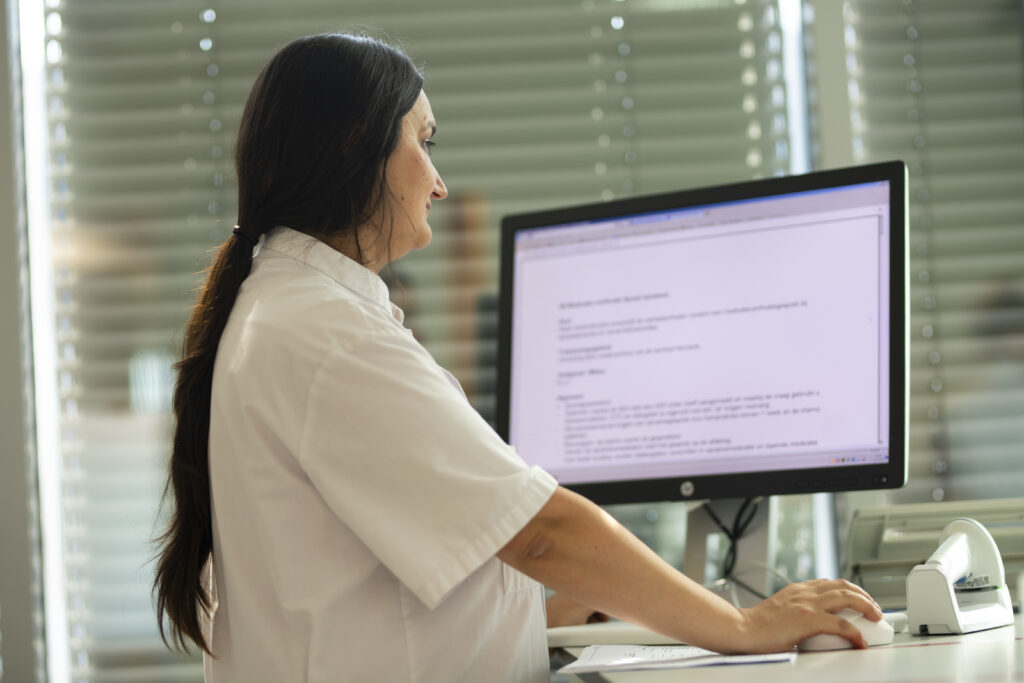The EAHP Board, elected for three-year terms, oversees the association’s activities. Comprising directors responsible for core functions, it meets regularly to implement strategic goals. Supported by EAHP staff, the Board controls finances, coordinates congress organization, and ensures compliance with statutes and codes of conduct.

























